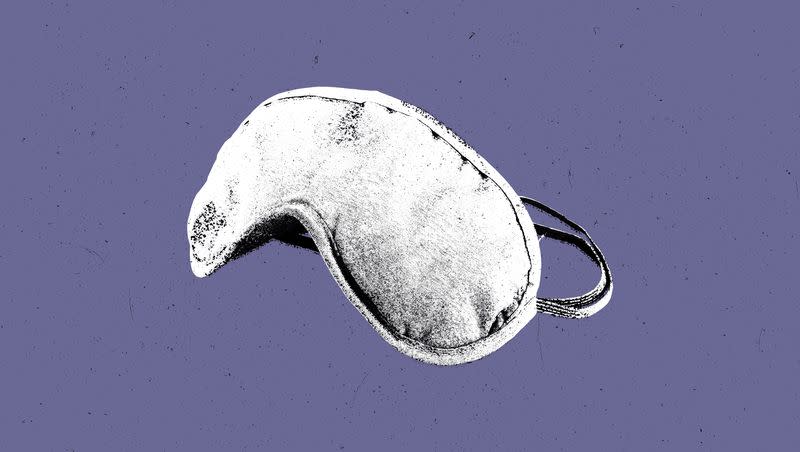Does hitting the snooze button make you more tired?

As a night owl, I have an unbreakable bond with my snooze button. As much as I want to be one of those people who wakes up with the sun, it just isn’t my forte. In fact, I hit my snooze button three times almost every morning — rough, I know.
But maybe hitting snooze isn’t as bad as previously believed. A new two-part study published in the Journal of Sleep Research found no evidence that hitting snooze negatively affects your sleep and overall cognitive processes.
The first part of the study
In one part of the study, 1,732 adults were asked to describe their waking habits. 69% of people said they hit the snooze button once in the morning “sometimes” and will hit it multiple times on some occasions.
“In those who snoozed, the average time spent snoozing per morning was 22 minutes, ranging from 1 to 180 minutes,” the news release said.
The research also found that those who hit the snooze button were generally younger and described themselves as night owls compared to those who woke up after one alarm.
The second part of the study
In the second half of the study, researchers studied 31 regular snoozers’ waking and sleeping patterns.
On average, regular snoozers lost about six minutes of sleep, “but (researchers) did not find clear effects on stress hormone levels, morning tiredness, mood or overnight sleep quality,” per CBS News.
Adding that, “For some, the snoozing also improved cognitive performance once awake, as compared to waking up immediately.”
“The findings indicate that there is no reason to stop snoozing in the morning if you enjoy it, at least not for snooze times around 30 minutes, study author Tina Sundelin, assistant professor in the Department of Psychology at Stockholm University said in the news release. “In fact, it may even help those with morning drowsiness to be slightly more awake once they get up.”
Related
Should we all start snoozing?
Not every health expert agrees that hitting snooze doesn’t have negative effects on our sleep hygiene.
Despite the newest research, Dr. Abhinav Singh, medical review expert at Sleep Foundation, medical director of the Indiana Sleep Center and author of “Sleep to Heal,” warned against hitting the snooze button.
“It should not be interpreted as snoozing is fine. In my opinion, excessive snoozing may be due to chronic sleep deprivation, circadian rhythm disturbances or medical or sleep disorders,” Singh said in an email to Deseret News.
“In the study subjects were free of ailments. 1 snooze of 10-15 minutes is something that I have always allowed for my patients but repetitive snoozing > 30 minutes should be looked at closely.”
Amerisleep cautioned that regularly hitting the snooze button can damage our internal clock, making us tired and causing further health issues. And if you wake up feeling groggy and the desire to hit snooze is almost unbearable, “resist the temptation and get out of bed when your alarm goes off to avoid the groggy feeling associated with sleep inertia.”
Ways to avoid hitting snooze
Whether you’re against the snooze button or not, getting better sleep is essential for everyone’s health. In order to wake up feelings refreshed, The New York Times recommended these expert tips to avoid morning grogginess:
Monitor your sleep cycle so that your alarm isn't set during an optimal sleep period.
Choose a pleasant sound to wake up to in the morning.
Allow natural light to enter your room in the morning to help wake your body up.
Stand up after turning your alarm off to avoid falling back asleep.
Go to sleep earlier to ensure a full night's rest.
“Excessive snoozing yields interrupted sleep and can outweigh the benefits of added sleep time. Excessive snoozing is similar to a plane circling a runway and not landing. Essentially wasting fuel and not going anywhere,” Singh said.
